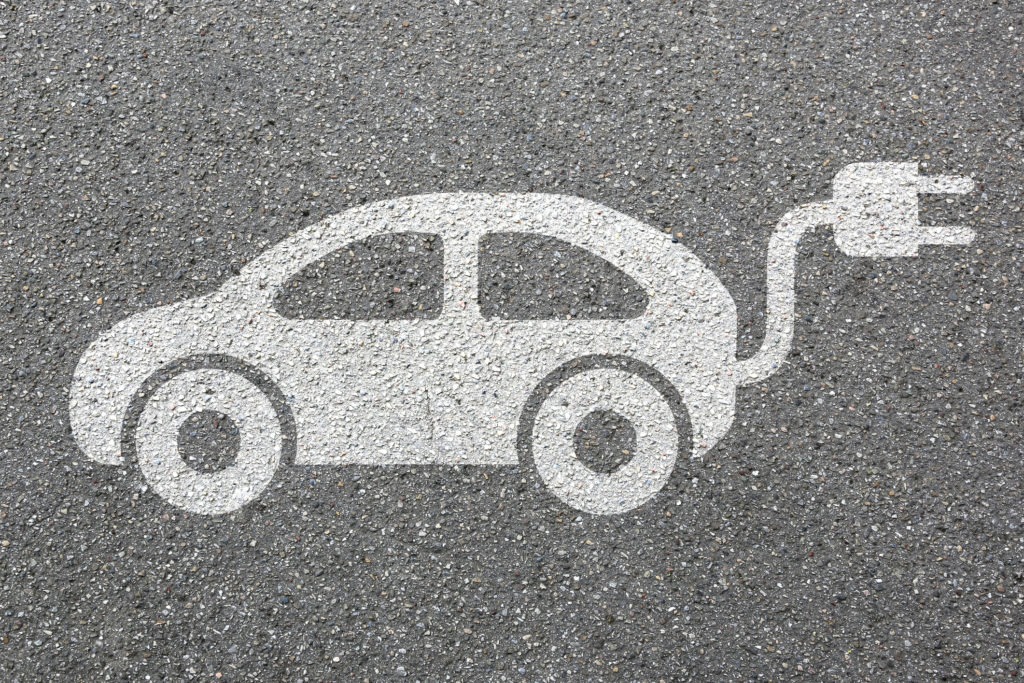Poland and Sweden look to build on electric vehicle aspirations
14 September 2017

14 September 2017
Poland has lagged behind other European countries when it comes to its electric vehicle (EV) charging infrastructure, with just 324 public points available in the country in 2016. However, the Government is now looking to make ′electromobility’ a key part of its agenda.
Last year, out of 1.45 million vehicles imported into the country, just 556 were electric, suggesting the Polish public do not have an appetite for EVs. However, the country is in a ′chicken and egg’ situation; you cannot increase the electric take-up if you don’t have the charging infrastructure available.
The Government hopes its concept will help to create industries within the country and promote more environmentally sustainable transport in its cities, some of which are among the most polluted in Europe. A crucial element of the plan is to put 1 million electric vehicles on Polish roads by 2025.
Piotr Zaremba, the head of ElectroMobility Poland, which is spearheading the country’s electric vehicle plans, told the Financial Times that the global market for producing electric vehicles is at such an early stage that Poland can still benefit from plugging into it. ′The world is still learning and Poland can learn together with the world and join the revolution,’ he says.
Poland does not have a national carmaker but ElectroMobility Poland has organised a competition to design a home-grown electric car. This would give drivers an alternative to those made by foreign manufacturers, which are significantly more expensive than their petrol and diesel counterparts – another problem when it comes to building an EV culture in the country.
The draft of Poland’s electromobility and alternative fuels act, presently in preparation, potentially offers some consumer incentives. These include the abolition of excise duties on electric vehicles, no property taxes for those which have charging points, the possibility that electric cars will be able to use bus lanes and free parking in cities. The Government does not plan to include direct cash incentives, however, unlike other European countries such as Norway.
While it may prove hard to switch the traditional automotive market to electric, there is more scope for Poland’s public transport network, specifically buses, to go electric. In February 2017, 41 cities and municipalities signed an agreement to buy fleets of electric buses by 2020.
Meanwhile, the Swedish Government has presented a 5 billion Kronor (€520 million) climate change package for 2018, which will also benefit the country’s electric mobility aspirations. The country will increase the purchase incentive on EVs by 50% to around €6,000 and will also introduce a €1,000 or 25% of the purchase price incentive on electric motorbikes and scooters. In addition, the country’s charging network will be expanded.